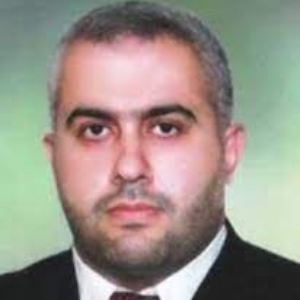Title : Effects of heat stress in domestic birds in the climate of Iraq
Abstract:
Rising temperatures are an important problem facing the raising of birds, and unfortunately, there are no accurate statistics in Iraq shows the range of the economic losses suffered by the poultry industry as a result of low productivity of birds as well as the high rate of mortality (Darraji and Hassani, 2000). The researchers did not stand idly by, despite the lack of a panacea, as they made several attempts to reduce the impact of heat stress. 1 - Engineering: In this axis, most of the researches and studies tended to find the best ventilation and cooling systems, design for buildings, building materials and paint, direction of housing, a forestation around the buildings, reducing the density of birds, increasing waterwheel and fodder, spraying birds with water, lighting programs and the provision of cold water to drink. 2 - Genetic side: It aims to find strains resistant to heat stress such as dwarf birds and naked birds. Physiological and nutritional aspects: Studies and research in this aspect focused on reducing the heat increment by adding fats or adding salts such as ammonium chloride NH4Cl and calcium carbonate NaHCO3 and calcium chloride KCl (Al-Obaidi, 2000, Al-Yaseen and Al-Naimi, 2003). Progress has been made in overcoming heat stress in the engineering, administrative and, to some extent, genetic aspects. This has not been successful in the physiological and nutritional aspects, as many questions remain to be answered and resolved. For example, what is the best way to adapt birds, salt concentration, salt type, method and time of salt presentation, time and length of the fasting period, the role of the wing in regulating body temperature This study aimed to identify the negative damage to heat stress and ways to mitigate it in the climatic conditions of Iraq.



